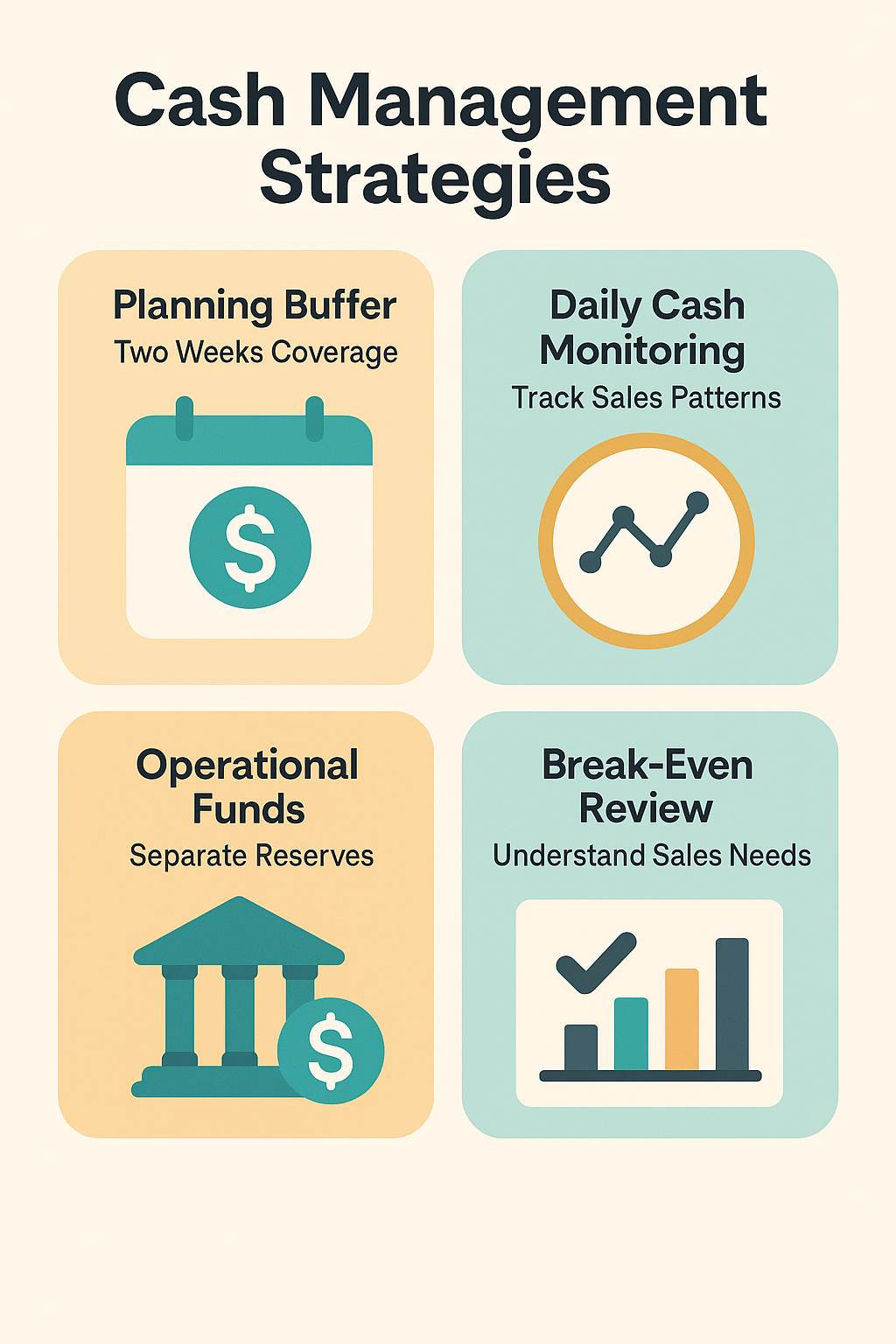When businesses secure merchant cash advances, the effects of daily repayments on cash flow can create unexpected challenges. Unlike traditional loans with monthly payments, MCAs typically require daily or weekly deductions that can significantly impact how money flows through your business operations.
Understanding Daily Payment Impact on Cash Management
The effects of daily repayments on cash flow become apparent when businesses realize how frequent deductions alter their financial rhythm. Daily MCA payments create a constant drain on available funds, requiring careful cash management to ensure operational stability.
Unlike traditional financing where you might make one payment per month, MCAs deduct funds from your account every business day. This frequent withdrawal pattern can strain your cash reserves, especially during slower sales periods when revenue fluctuations occur naturally in most businesses.
The rigid repayment structure means that regardless of whether you have a strong sales day or experience unexpected expenses, the same amount gets deducted. This inflexibility often forces businesses to maintain higher cash balances than they would otherwise need, potentially limiting their ability to invest in growth opportunities or handle emergencies.
Essential Cash Management Strategies for Daily Payments

Successful cash management with daily repayments requires specific strategies to maintain financial stability. These approaches can help businesses navigate the challenges of frequent payment schedules.
- Maintain a planning buffer that covers at least two weeks of daily payments to handle revenue fluctuations
- Monitor daily cash positions closely and track patterns in your sales cycles
- Separate operational funds from repayment reserves to avoid accidentally spending money needed for payments
- Review your break-even impacts regularly to understand minimum daily sales requirements
Preparing for Revenue Fluctuations and Stress Scenarios
Revenue fluctuations can create serious challenges when dealing with daily repayments. Preparing for stress scenarios helps businesses avoid cash flow crises that could threaten operations.
- Calculate your worst-case scenario cash needs during slow periods or seasonal downturns
- Identify early warning signs of cash flow stress before they become critical problems
- Develop contingency plans for handling temporary revenue drops while maintaining payments
- Consider the break-even impacts of daily deductions on your minimum sales requirements
- Build relationships with suppliers who might offer flexible payment terms during tight periods
Managing the effects of daily repayments on cash flow requires proactive planning and disciplined cash management. By understanding how frequent payments impact your business rhythm and implementing appropriate strategies, you can maintain operational stability while meeting your repayment obligations successfully.

.png)

.svg)





